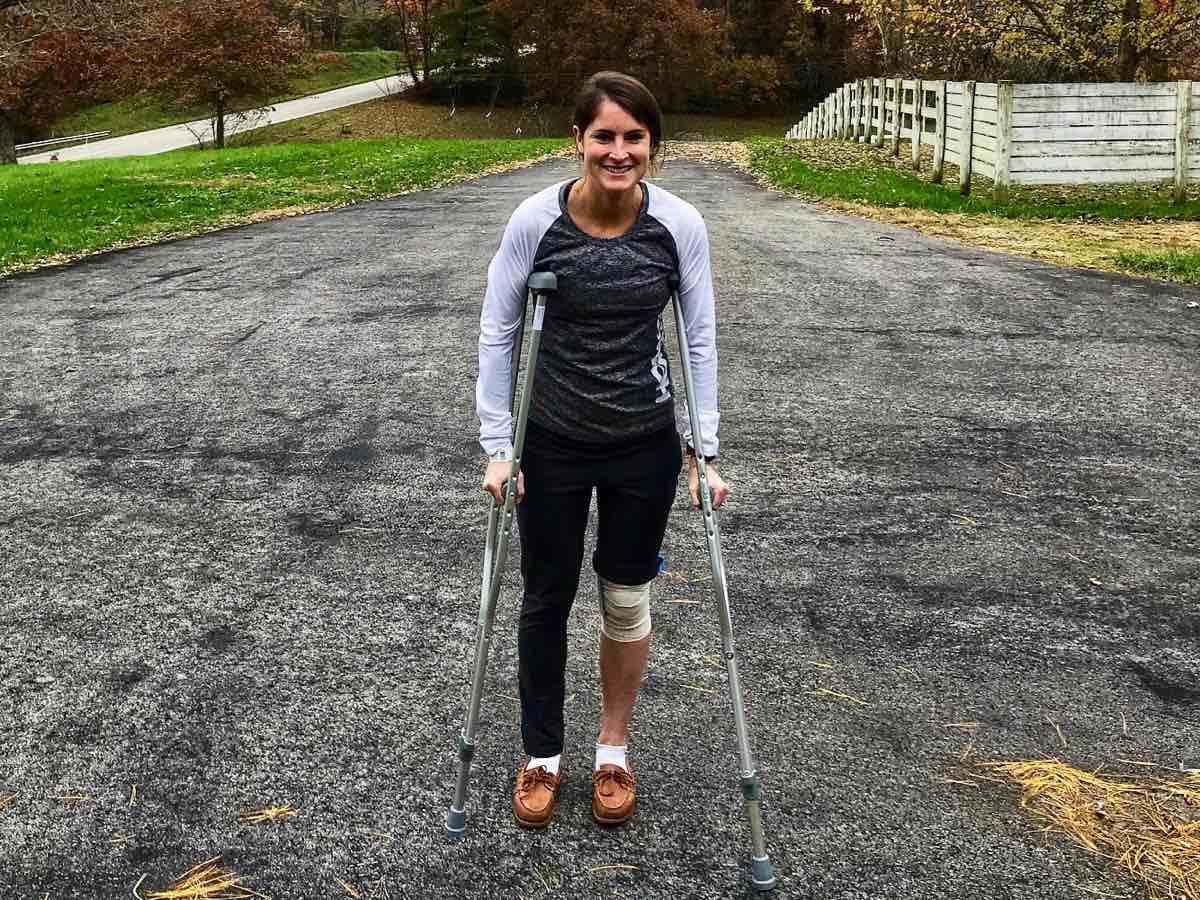A few days ago, there was a marathon in my city. I entertained the possibility of participating — so much so that the day before the race, in the final moments before registration closed, I sat in my car, imagining it: where I would park my car on race morning, the lacing of my shoes, the first few miles (which I would inevitably take out too hard), and the moments of concern about mounting fatigue that would pelt me like fiery darts at some point along my journey.
Ultimately, I decided not to compete. I am not ready. This was a difficult decision in the moment, but I was grateful for it later that evening when my five-month-old baby had a tough night of sleep. Had I been anticipating a race the next morning, I may have begrudged those sleepless moments. Instead, I was able to be present. Racing will return in time. I just need to learn patience.
Learning patience is exceedingly difficult.
The Process of Becoming Excellent
Aristotle writes that moral virtues are acquired by practice: “For the things we have to learn before we can do them, we learn by doing them, e.g., men become builders by building and lyre players by playing the lyre; so too we become just by doing just acts, temperate by doing temperate acts, brave by doing brave acts (1).”
Stated differently, if I would like to become more humble, courageous, witty, or better in command of my appetites, it is not enough to recognize my deficiencies in these respects. I also need to practice virtuous habits until they define me in a stable way.
In general, I like this prescription. It takes the guesswork out of how to develop a good character. Perform good actions, think good thoughts, and feel fitting feelings until you are disposed to do these things without much effort.
However, consider this process with respect to a virtue like patience. To have repeated opportunities to practice patience means I must be waiting a lot. It means there is traffic or time spent at the DMV, delayed flights, long grocery store lines, customer service queues, or difficult seasons of life. It means I am not granted the things I want immediately and keep finding myself in the uneasy space of desiring something I can’t yet have. Developing patience sounds difficult.
The Virtues I Do Not Want
With these things in mind, I have compiled a list of virtues I definitely do not want because of what having opportunities to develop them communicates about my life.
1. Resilience
This is the virtue of recovery. It involves having resolve in the face of setbacks and continuing to choose and act in light of the possibility of renewal, even if we lack visible evidence of improvement (2).
A running friend recently remarked that she is often praised for her resilience. She has ongoing health issues and other constraints on her flourishing, and she wishes that, instead of having to be resilient, she could just have things easy for once.
This is the first virtue I do not want. Having opportunities to develop resilience means that life keeps knocking you down. I would rather my life not do that.

The author recovering after badly cutting her knee open while trail running in 2018. Photo courtesy of Sabrina Little.
2. Patience
This is the virtue of waiting well. Aquinas describes it as an excellence that involves not abandoning goods because of hardship or sorrow (3).
I dislike this virtue.
Patience is a good-making feature of human life. Almost all of us would benefit from improving in this respect. But developing patience means I cannot have what I want when I want it. That seems very hard.
3. Equanimity
Equanimity is the virtue of composure or good temper. It is the excellence of being the “bigger person,” and it is helpful in situations of strain.
This is a valuable trait, but I do not want to need to acquire it. Having opportunities to develop equanimity means my circumstances are adverse or someone is being difficult. I do not want to have to be the bigger person, and not just because I am Little.
4. Civility
Civility is an excellence that involves respect, tolerance, and considerateness (4). It permits one to argue well. Cheshire Calhoun calls civility a basic virtue of social life and writes that “without it, daily social exchanges can turn nasty and sometimes hazardous (5).”
I am a philosopher. I like to argue by trade and by hobby. But having the occasion to develop civility means that people disagree with me. I would rather be so obviously correct that everyone always agreed with me! Then I would not need this virtue.
Final Thoughts
Surely, not all virtue acquisition is arduous in this way. Becoming joyful means practicing joy. That sounds nice. Becoming witty means getting to make a bunch of jokes, albeit probably bad or ill-timed jokes for the novice. And developing perseverance means getting to run far, which — while not easy — is what we sign up for as distance runners. We tend to enjoy developing perseverance.

Sabrina Little (left) running far alongside Camille Herron at the 2021 Desert Solstice Track Invitational. Photo: Howie Stern
But there are other virtues — like resilience, patience, equanimity, and civility — that, if we have the opportunity to develop them, means that life is hard in those respects.
They are traits that contribute to rich human lives. But I do not look forward to developing them.
Call for Comments
- Are there any virtues in running or life in general that you’ve learned the hard way?
- Do you think a certain amount of struggles in life are worth it to become more virtuous?
References
- Aristotle “Nicomachean Ethics” 1103b
- Nancy Snow. (2019). Resilience and hope as a democratic civic virtue. In “Virtues in the Public Square: Citizenship, Civic Friendship, and Duty,” ed. James Arthur (London: Routledge Press), pp. 124—139.
- Thomas Aquinas. “Summa Theologiae” II.2.136.
- Cheshire Calhoun. (2016). The Virtue of Civility. “Moral Aims: Essays on the Importance of Getting It Right and Practicing Morality with Others.” Oxford University Press, pp. 75—102.
- Cheshire Calhoun. (2000). The Virtue of Civility. “Philosophy & Public Affairs” 29(3): 251—275, p. 251.

